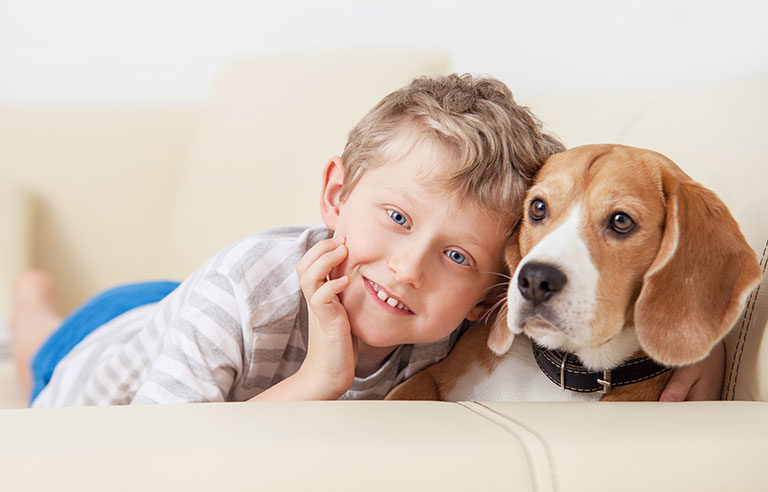Researchers to parents: Keep pet medications away from kids

Photo: Solovyova/iStockphoto
Columbus, OH – Medication may help a family pet feel better when sick, but parents and caregivers need to be aware that the medicine can pose a poisoning risk to children, the Nationwide Children’s Hospital warns in a new study.
Researchers examined calls made to the Central Ohio Poison Center from January 1999 through December 2013. They found that, on average, 95 calls – about two per week – were made to the center each year about children 19 or younger who were exposed to medicine intended for pets. The majority of the calls (88 percent) involved children 5 or younger finding and consuming pet medication, or being unintentionally exposed to it when a parent was attempting to give the medicine to a pet. Most exposures occurred at home (96 percent).
Among the calls involving teens, 56 percent were about a teen unintentionally taking pet medicine instead of medicine meant for humans.
“When you have kids and pets in the home, sometimes things get a little busy. Thinking about how your pet’s medicines could be a risk for your family might not even cross your mind,” Kristi Roberts, study author and research project coordinator in the hospital’s Center for Injury Research and Policy, said in a press release. “The good news is that by taking a few simple steps like storing medicine for pets and humans in different places that are up and away and out of sight and only giving medicine to pets when the children aren’t in the room, you can help keep everyone in the family a little safer.”
The hospital offers several recommendations:
- Put away all medication after each dose.
- Store pet medications in a place where children cannot see or reach them, preferably in a locked cabinet.
- Keep medication in its original container with the label attached.
- If you mix pet medicine with food, keep children in another room until the pet has finished the food.
- If medicine is applied to the pet’s fur, let the fur dry before allowing children to play with the pet.
- Call the Poison Help Line at (800) 222-1222 if you suspect your child may have swallowed pet medication.
The study was published online Feb. 6 in the journal Pediatrics.
Post a comment to this article
Safety+Health welcomes comments that promote respectful dialogue. Please stay on topic. Comments that contain personal attacks, profanity or abusive language – or those aggressively promoting products or services – will be removed. We reserve the right to determine which comments violate our comment policy. (Anonymous comments are welcome; merely skip the “name” field in the comment box. An email address is required but will not be included with your comment.)

